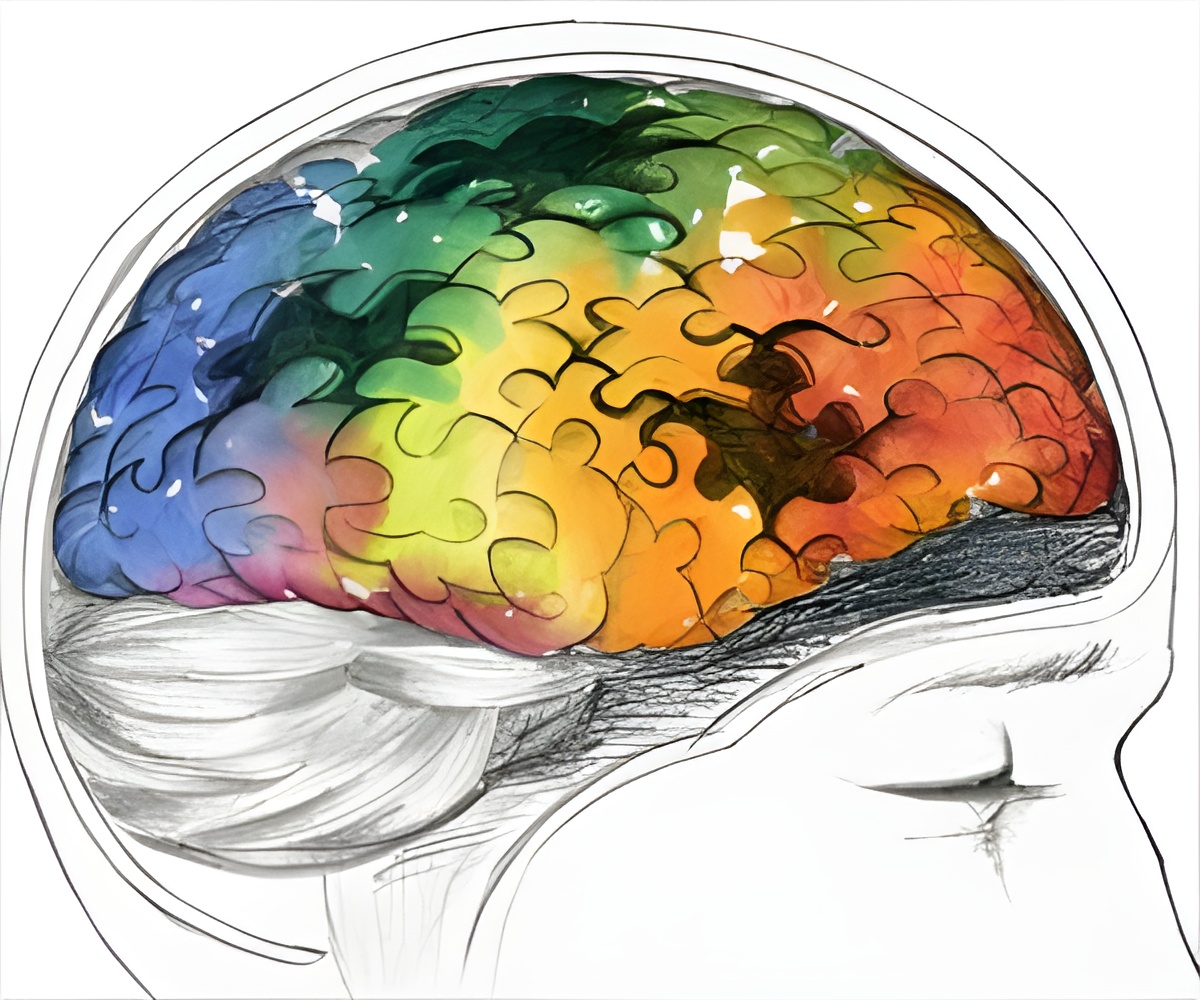In a study of cognitively healthy adults, elevated plasma levels of IGFBP-2 were associated with an increased risk of all-cause dementia, including Alzheimer's disease dementia.

‘The insulin-like growth factor (IGF) signaling system is known to play a role in neuroregeneration, neuronal survival and proliferation. IGFBP-2 is thought to impair IGF signaling, thereby inhibiting the neuroprotection and proliferation.’





"Identifying biomarkers for dementia could improve our ability to predict a person's risk of dementia and his or her future outcomes," said corresponding author Emer McGrath, MD, PhD, an associate neurologist in the Brigham's Neurology Department and an investigator with the Framingham Heart Study. "Novel biomarkers could also inform our understanding of complex biological pathways underlying the development of dementia, help to more accurately define disease subgroups and inform future clinical trials."Recently, researchers have begun to focus on the role of metabolic dysfunction and insulin resistance in the brain in the development of dementia.
In the current study, investigators measured levels of IGFBP-2 in plasma samples from almost 1,600 participants from the Framingham Offspring cohort. The team analyzed risk of dementia, cognitive performance and structural MRI brain measures predictive of dementia.
They found that elevated circulating IGFBP-2 levels were associated with an increased risk of both all-cause dementia and Alzheimer's disease dementia, as well as poorer performance on tests of abstract reasoning. Addition of IGFBP2 plasma levels to a model of traditional risk factors significantly improved dementia risk classification: based on the net reclassification improvement (NRI) index, 32 percent of individuals with dementia were correctly assigned a higher predicted risk, while 8 percent of individuals without dementia were correctly assigned a lower predicted risk.
The authors note that the Framingham Offspring cohort is predominantly Caucasian, potentially limiting the generalizability of the findings to more diverse populations. They were also unable to explore the association between cerebrospinal fluid levels of IGFBP-2 or Tau levels with IGFBP-2 plasma levels and cognitive outcomes.
Advertisement
Source-Eurekalert












